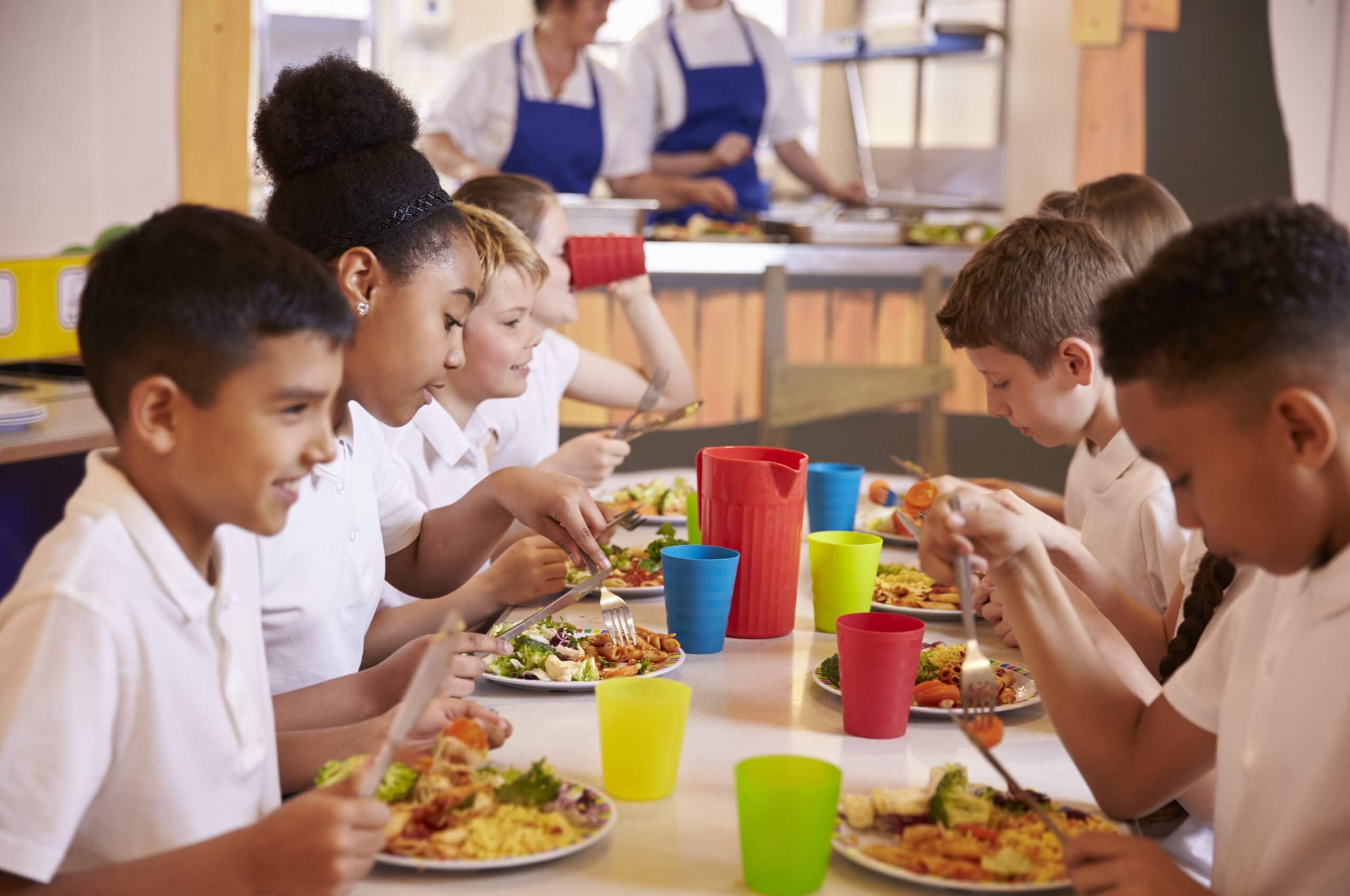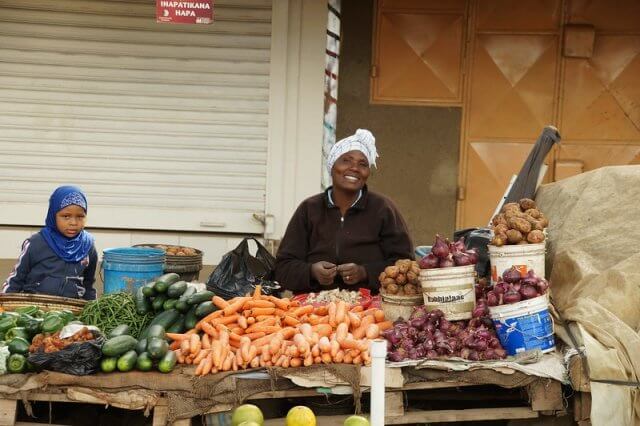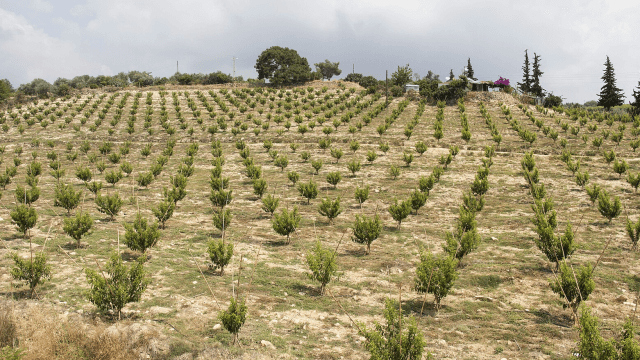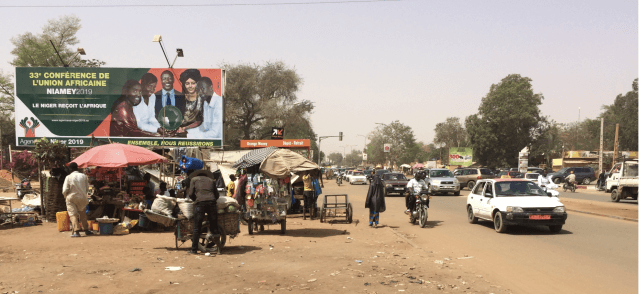The action and its aims
Glasgow City Council’s Glasgow Summer Children’s Food Programme provides funding to third sector/not-for-profit organisations running holiday programmes for school children, to enable them to provide hot, healthy meals and snacks and to develop food-based activities. The programme aims to ensure children from low-income families, many of whom receive free school meals during term time, do not go hungry during the seven-week break.
When it was introduced
The programme was introduced in mid-2018. Following its success, the City Council made funds available for school holidays in 2019 and 2020.
Why it was needed
It was necessary because Glasgow has high rates of food insecurity. The problem can be exacerbated during the school holidays, when there are no free school meals available for children from low-income families. It is a cause of anxiety for parents and, in the worst cases, children suffer from malnutrition and undernourishment.
Who initiated it, who is involved
The programme was created after Glasgow City Council diverted GBP2 million from the budgets of existing family and public sector agencies to fund school holiday programmes. A steering group, made up of officers from various council departments and stakeholders from third sector/non-profit organisations, drew up the aims, funding criteria, and outcomes of the programme. Impact Funding Partners (IFP) is contracted by the Council to assess funding applications and make recommendations to the Council, which then makes the final selection. IFP distributes funds to the eligible organisations.
Impacts to date
During the 2018 summer holidays, almost 14,500 nursery, primary and secondary school children received a total of 131,508 healthy meals and snacks. The programme also fostered social cohesion through fun food-related activities. Since the meals and snacks were available to all the children, the food was delivered in a dignified way, with no stigma attached. Parents reported positive changes in their children, as did teachers after the holidays.





